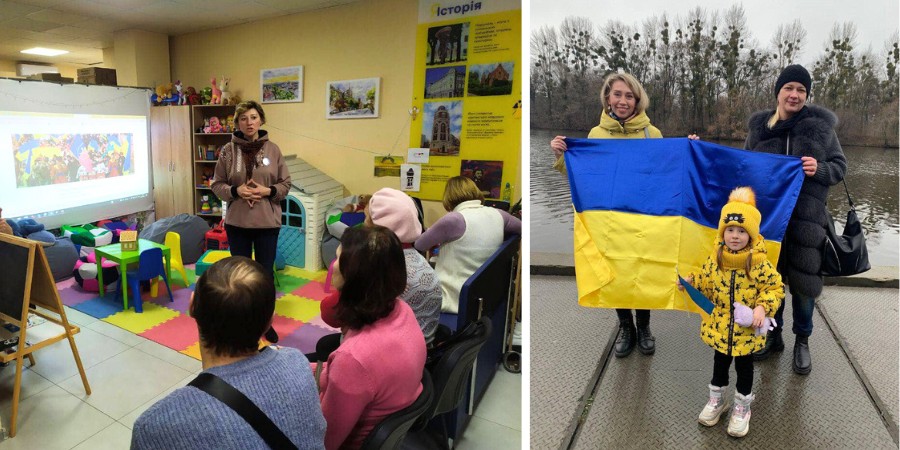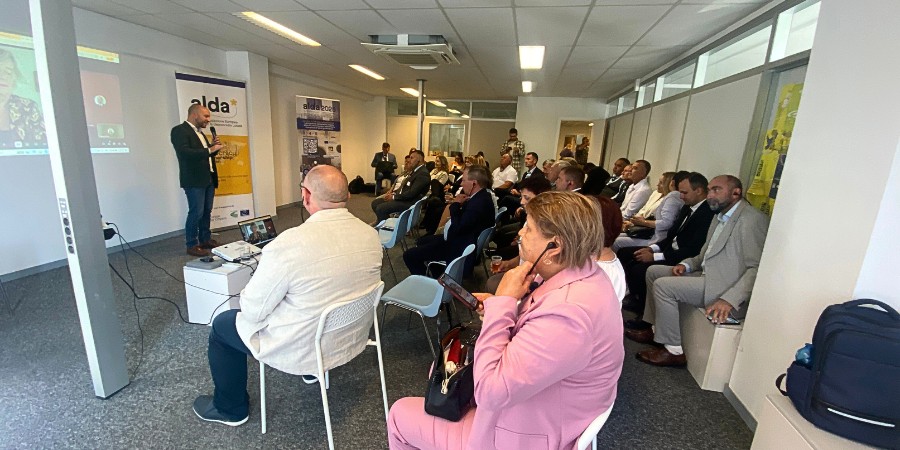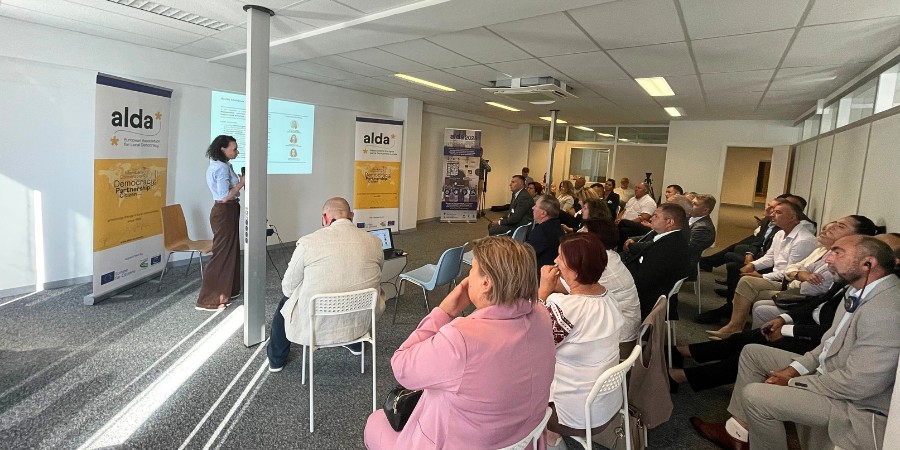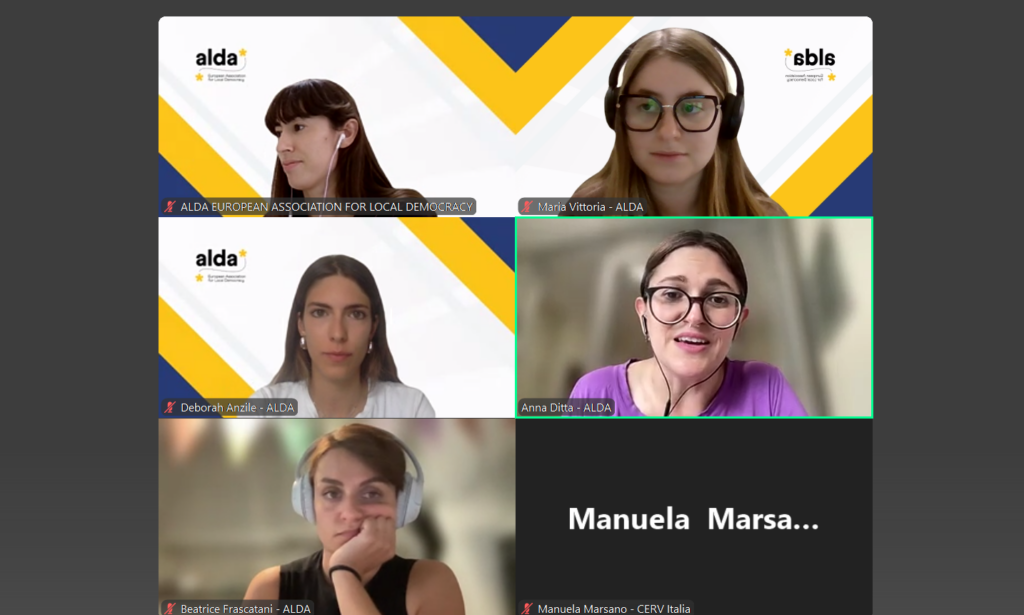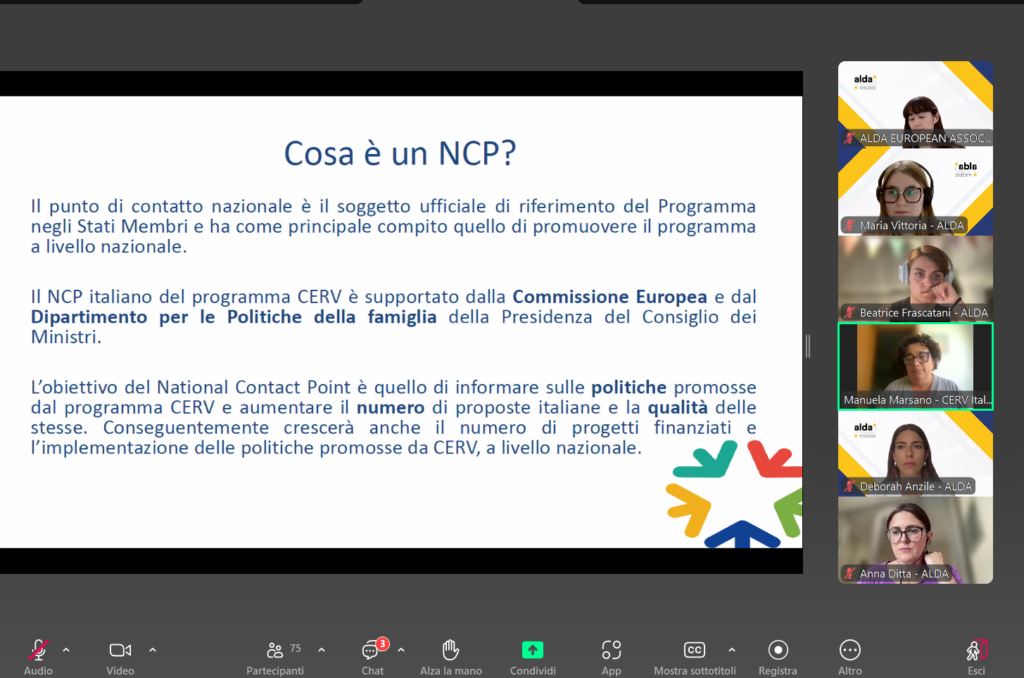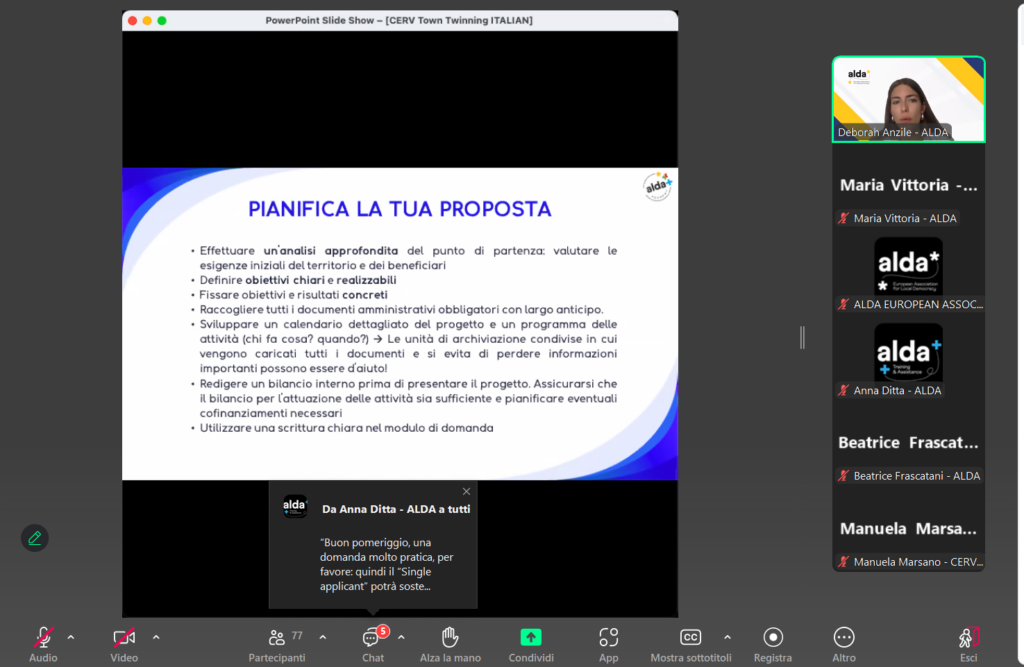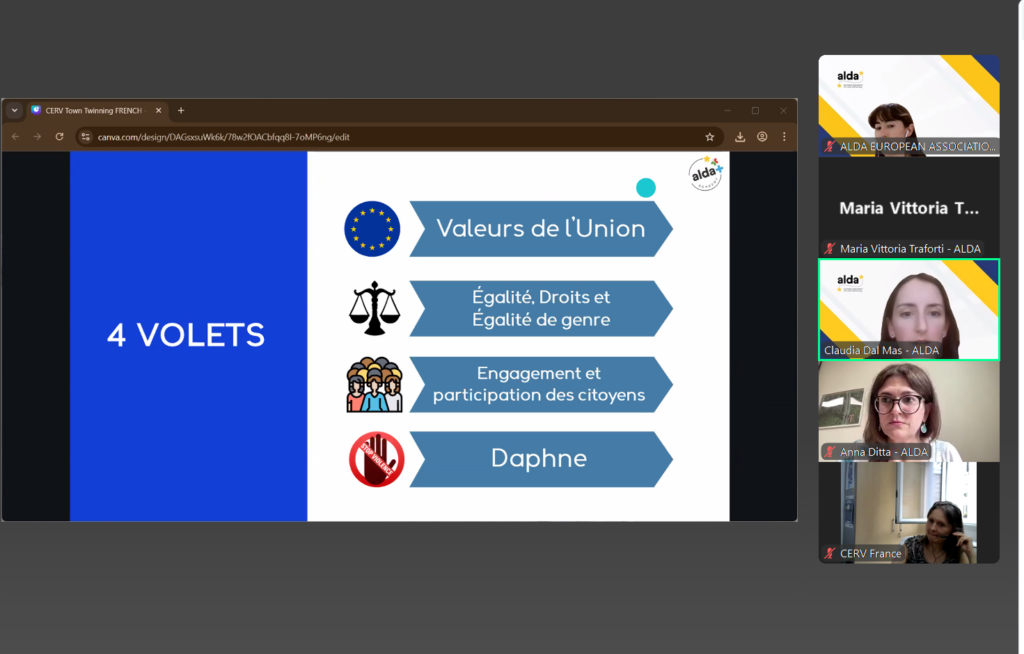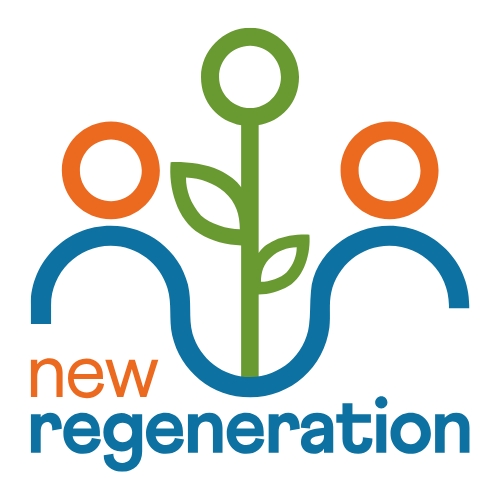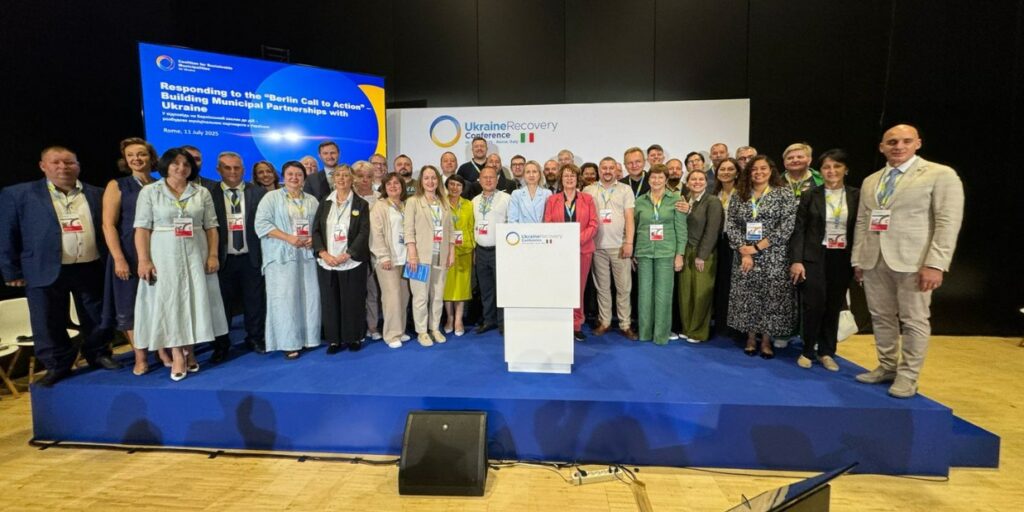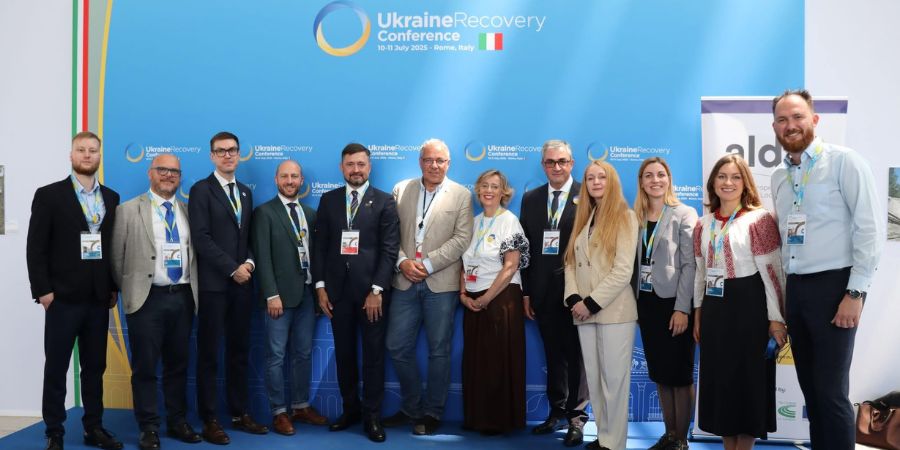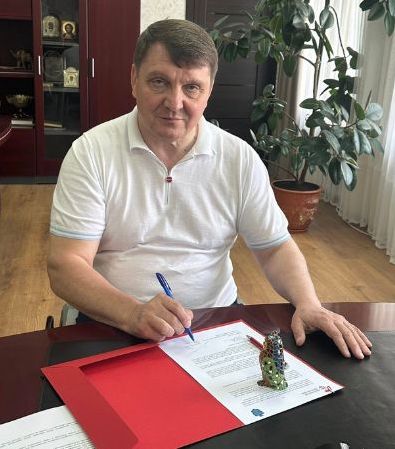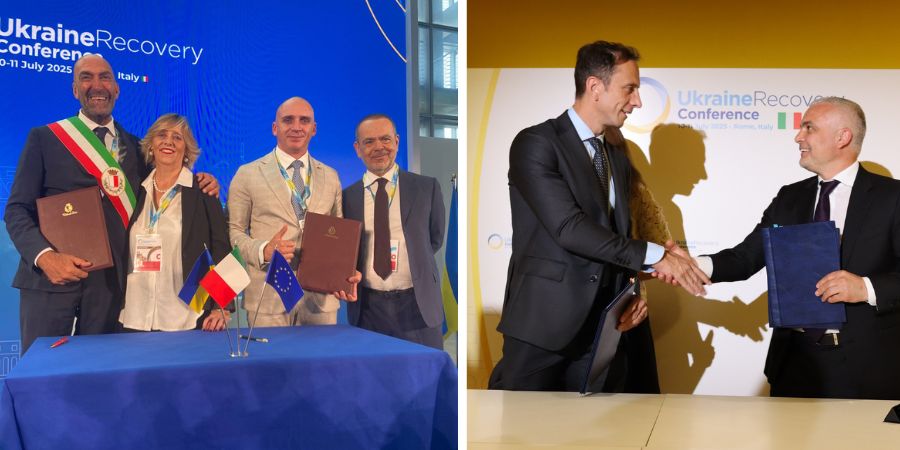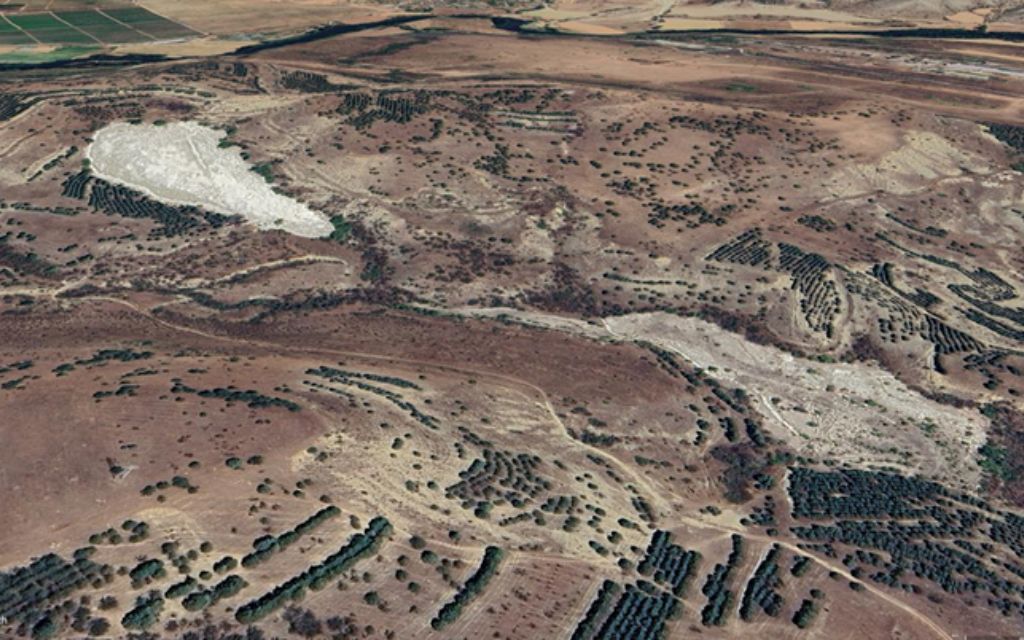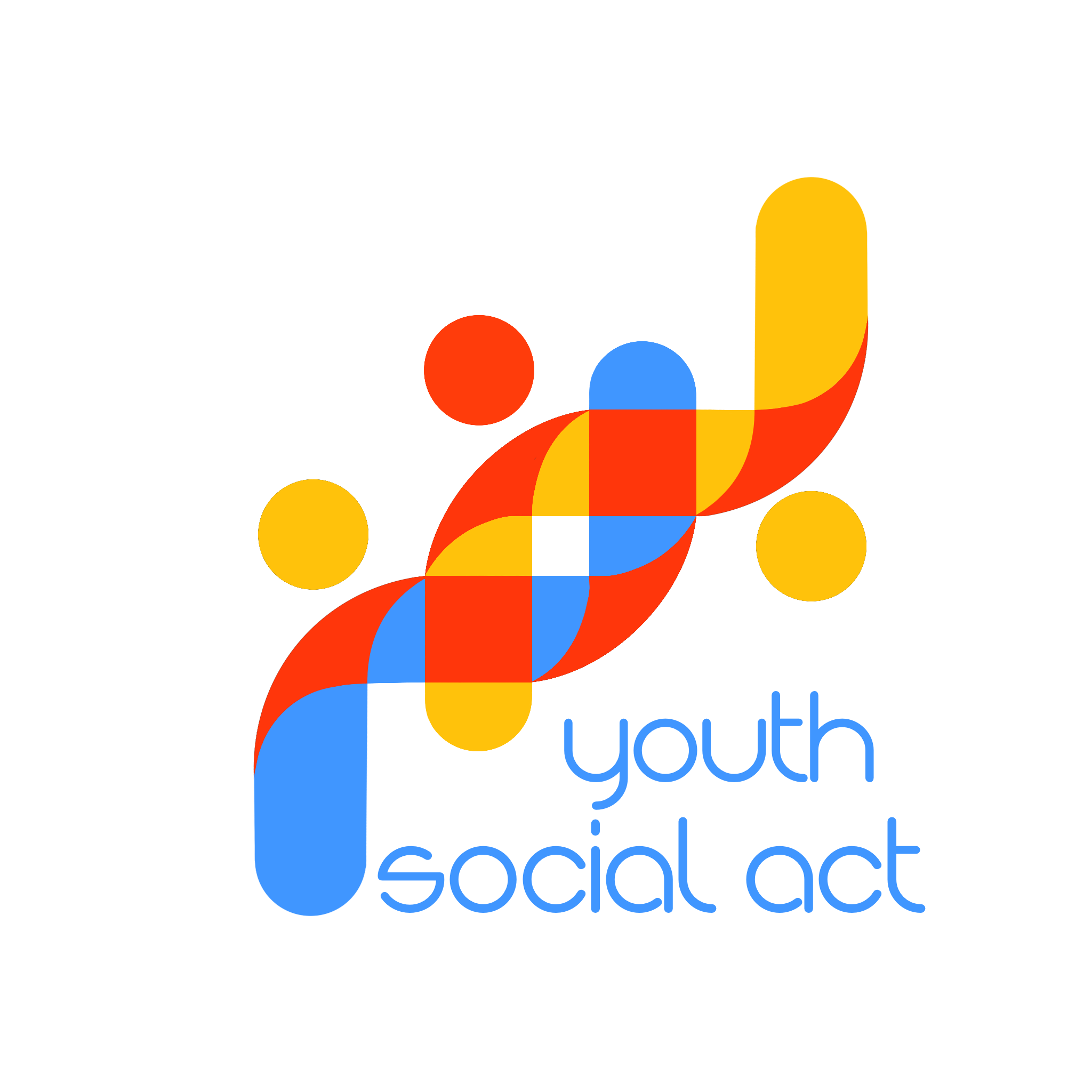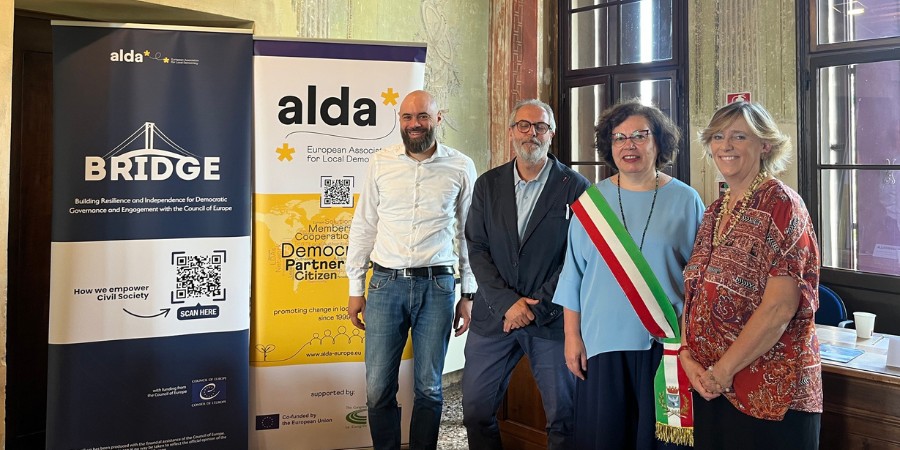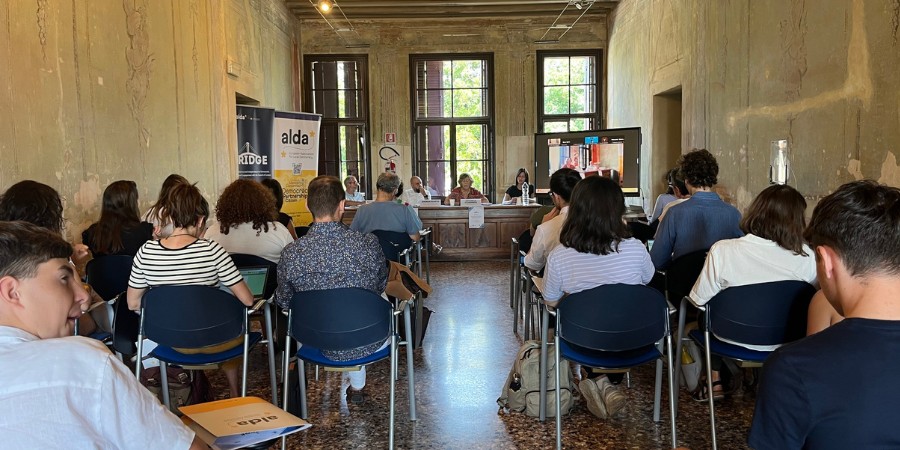In recent years, Greece has become a hub on Europe’s migration pathway – not only with the short-term issue of reception but with the long-term issue of integration. The AMIL Project (Alliance of Multi-stakeholders for Migrants’ Integration and Labor) is meeting the challenge through an ambitious, collective effort that engages public institutions, civil society, and above all, the private sector.
At its heart lies a straightforward but powerful idea: sustainable integration requires effort on both sides of the jobs equation. Migrants need to be helped to gain access to the labor market, and employers need to be helped to create diverse, inclusive workplaces. AMIL bridges this gap by using a two-pronged strategy that couples employer engagement with individualized migrant support.
Training the Private Sector: From Good Intentions to Inclusive Action
The majority of Greek businesses would like to employ third-country nationals (TCNs) but lack the day-to-day-down-to-earth practical tools with which to do so. AMIL fills this void with focused, interactive training for private sector players – particularly HR specialists, team leaders, and recruitment managers.
They’re not theoretical seminars; they are practical, practical, and applicable in the moment. Through actual examples, participants work through obstacles such as:
- Working through elaborate legal structures with regard to work permits and residence rights.
- Encountering language issues both in the workplace and during induction.
- Fostering diversity-sensitive but non-tokenistic recruitment processes.
- Intercultural interactions and avoiding discrimination at work.
Through these sessions, AMIL not only raises awareness but also competence. They depart with tangible strategies and materials, frequently industry-specific (i.e., hospitality, agriculture, manufacturing), and many say they feel more confident in hiring and managing migrant workers. One of the participants, a regional HR director of a multinational food production corporation, stated: “We had the will, but now we have the map. AMIL took us from interest to action.”
Supporting Migrants: Personalised Paths to Work
While businesses are being prepared to embrace diverse talent, AMIL is also getting to work on the ground with migrants – meeting them where they are, both literally and metaphorically.
The programme starts with an individual assessment of the history, experience, and career aspirations of each migrant. This is not an intake – it’s a counseling session that ends up with a personalised action plan. According to the result, participants may be referred to:
- Administrative and legal assistance with documentation and qualification recognition.
- Career training courses aligned with the market demand.
- Greek language training for occupational skills, targeting occupation-specific vocabulary and workplace communications.
- Apprenticeships, internships, or direct placement into the workforce.
- Administrative and legal assistance with documentation and qualification recognition.
Where AMIL differs is in its people-centric focus. The migrants are not treated as recipients, but as co-authors of their own existence.
Be it a one-off nurse from Syria or a welder from Pakistan, the programme is tailored to suit their requirements – and vice versa.
Language training is a foundation of this assistance – not by virtue of separate lessons, but as an organic part of living conditions. Students practice work interviews, negotiate working-life dialogue, and learn skills in standing up for themselves at work. The outcome is an enhanced prepared and competent workforce.Looking ahead, ALDA will coordinate a series of in-person training sessions and international webinars, designed to strengthen stakeholders’ capacities and offer hands-on strategies for inclusive migrant labour integration. These activities will also serve to reinforce the AMIL Community of Interest (CoI)—a collaborative platform that brings together EU stakeholders committed to sustainable and effective integration practices.
Why This Combination Works
The true genius of AMIL is its manner of harmonising action on each side of the labour market. Migrants are being empowered with the skills and confidence to pursue quality employment, whilst employers are being set up in turn to receive and retain them. This “dual-track” strategy creates a synergy that is incredibly potent. For instance, when a local hotel group visited the inclusion training of AMIL, they were able to directly match with a number of job-ready migrants whom the programme had referred them to. The outcome?
Successful recruitment with employer-assisted and facilitated onboarding, as well as high retention and satisfaction rates. In a nation like Greece – where economic renewal, aging populations, and labour deficiencies intersect – this model is not only on time. It’s necessary. It bridges demand and supply in ways that create more inclusive economies and alleviate social tensions through work and inclusion.
Creating an Engaged System
AMIL is not a lone operator. It achieves success through a modus operandi of networking, coordination with municipalities, NGOs, business organisations, and vocational training centers. The collaborations ensure that the assistance is systematic, long term, and local.
By multi-stakeholder workshops and working groups, AMIL also fosters space for co-design and dialogue. Private sector businesses input, civil society organisations scan the brakes, and government officials explore how to scale best practices. This type of ecosystem ensures that integration is no single actor’s duty – but a collective effort.
A Model for Broader Change
What is being seen in Greece with the AMIL Project is more than a national project – it is an example with the potential to be a pan-European model. Amid a period in which migration can so readily be politicised, AMIL presents a realistic, positive, and reproducible example. One based not on ideology, but on cooperation, effective tools, and shared gain.
The lessons are evident:
- Integration is not inevitable; it needs investment and thoughtful planning.
- Public-private partnership is not elective, but transformative.
- Migrants bring more than needs – they bring potential, experience, and energy.
At this moment of European introspection on the intricacy of migration, the AMIL Project sets a persuasive vision of making inclusion a reality – through community action, response-driven contextualism, and a commitment to dignity for all.
Toward a New Narrative of Integration
The AMIL Project brings to mind that integration is a two-way street – a collaborative journey. Empowering migrants and supporting employers simultaneously, AMIL is building bridges not just to work, but to belonging, dignity, and social cohesion.
In an increasingly migration-shaped world, the question isn’t who we integrate – but how. AMIL reminds us that, if we do so with care, inclusively and in partnership, the outcome is not only a more resilient workforce – but a more resilient society.
Find out more about the project here.
